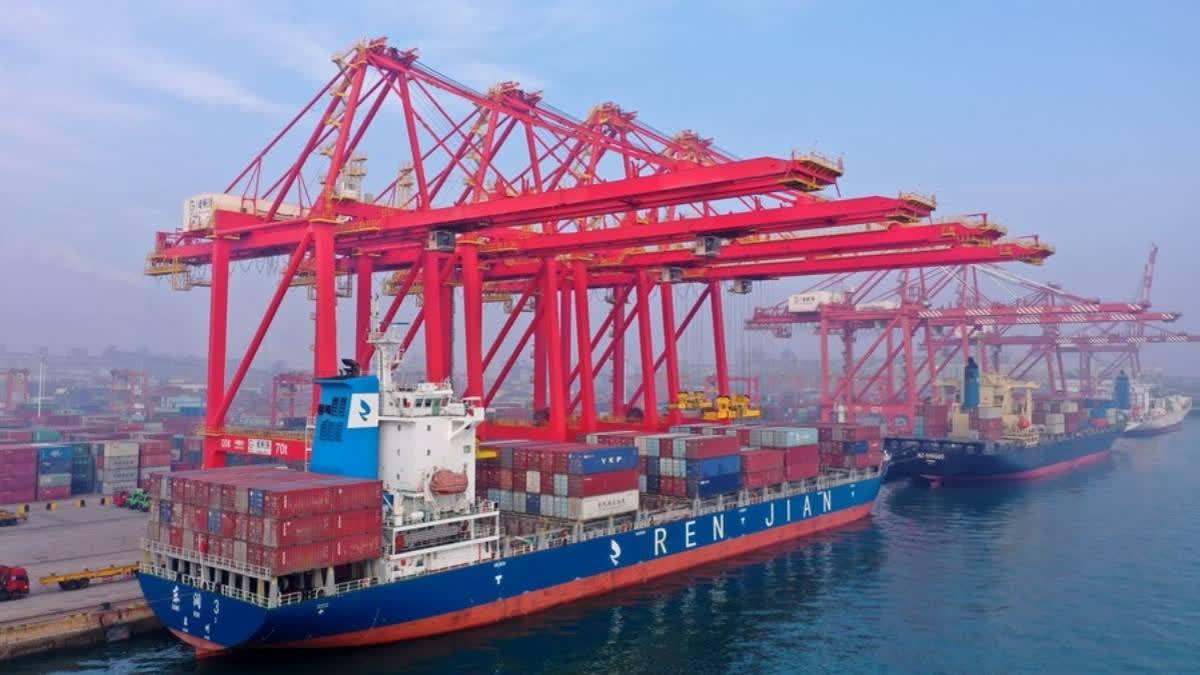New Delhi: With the Israel-Hamas war in West Asia throwing the future of the proposed India-Middle East-Europe Economic Corridor (IMEC) into jeopardy, the International North-South Transport Corridor (INSTC) has assumed all the more importance.
And for that, Armenia in the Caucasus region has emerged as an important player in terms of security along the INSTC as far as India is concerned.
According to Iran’s Ambassador to Armenia, Mehdi Sobhani, an agreement has been reached to hold a trilateral meeting regarding the establishment of the India-Iran-Armenia transport corridor. Speaking to reporters in Kapan, capital of Armenia’s Syunik province, earlier this week, he said that the project aligns with the interests of all three countries, and there are no obstacles to its implementation. He stated that the agreement is already in place, with only the timeline for its launch still to be determined.
The proposed transport corridor aims to facilitate the delivery of goods from India and the Persian Gulf states to the markets of the European Union and the Eurasian Economic Union (EAEU). The logistics chain would begin at the Indian port of Mumbai, from where goods would be shipped to Iran's southeastern port of Chabahar. From there, the route would continue through Armenia, where transportation would involve both road and rail networks.
This will be a part of the INSTC, a 7,200-km-long multi-mode network of ship, rail and road routes for moving freight. India, Iran and Russia had in September 2000 signed the INSTC agreement to build a corridor to provide the shortest multi-model transportation route linking the Indian Ocean and the Persian Gulf to the Caspian Sea via Iran and St Petersburg. From St Petersburg, North Europe is within easy reach via Russia.
Why Armenia has emerged as an important player is because the INSTC currently passes through Azerbaijan.
“Azerbaijan maintains very close ties with Pakistan and Turkey,” Abhinav Pandya, founder and CEO of the Usanas Foundation think tank, told ETV Bharat. “As such, there are security concerns for India while transporting goods through the INSTC. However, India maintains very good ties with both Iran and Armenia.”
In March this year, then Armenian Deputy Minister for Economy Narek Teryan had said that discussions were going on for opening an India-Iran-Armenia Trade Corridor comprising maritime and terrestrial routes, which will be part of the INSTC connecting Mumbai with Moscow.
“There are pilot cargos that are passing through that route, but a lot needs to be done in order for the direction to be stable,” he had said, adding that India considers Armenia a strategic partner in the Caucasus and this is manifested in many domains.
He had also said that Armenia and Armenian companies are also in discussions in various formats for the use of the Chabahar port in Iran. The port is a crucial link in the INSTC. In 2018, India took over the operations of the Chabahar port. The port provides India with the opportunity of bypassing Pakistan for shipment of goods.
It is worth mentioning here that in recent years, defence cooperation has emerged as a key pillar of India-Armenia relations. Last year, India struck a Rs 6,000-crore deal to export the indigenously developed Akash medium-range surface-to-air missile (SAM).
